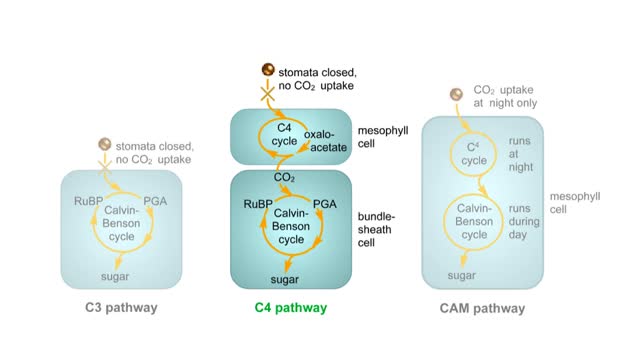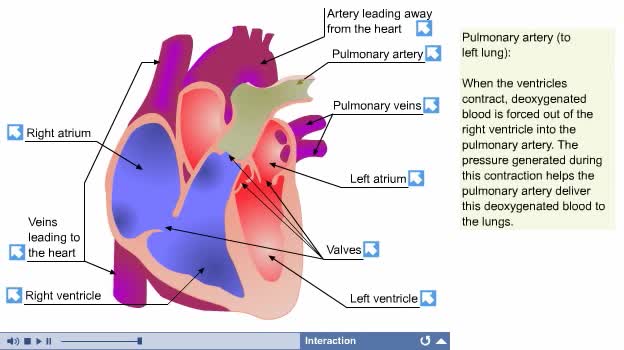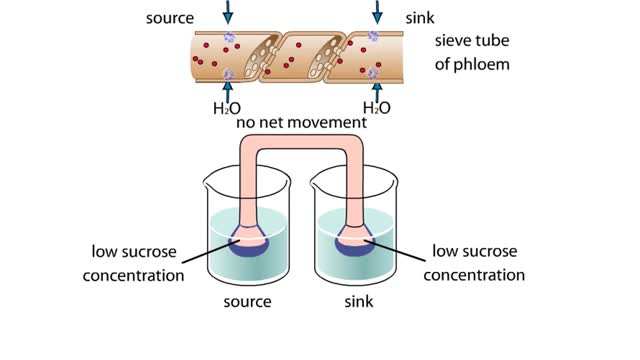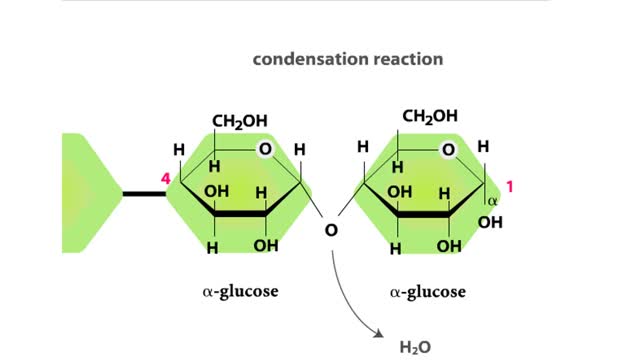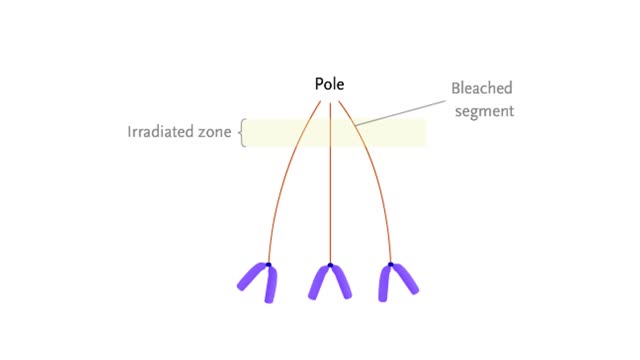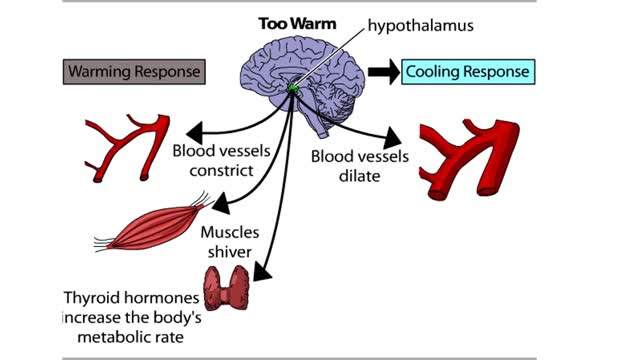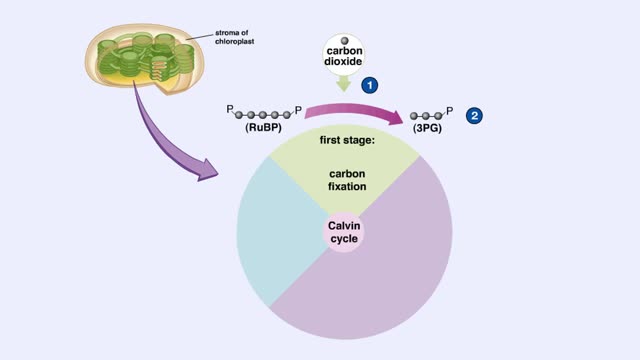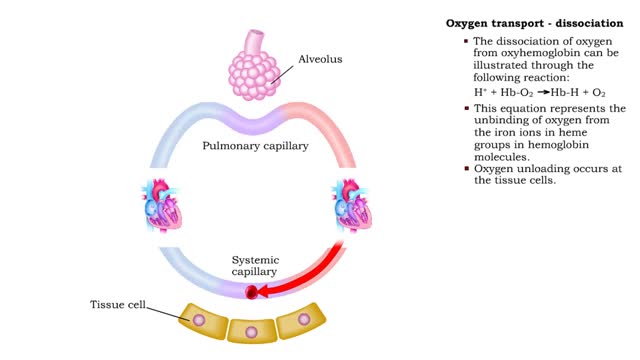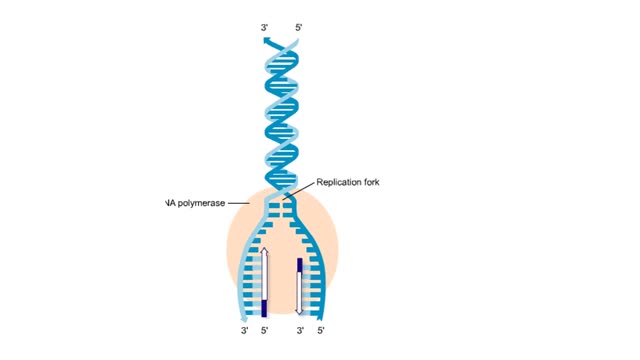Search Results
Results for: 'Miller's reaction chamber experiment Animation'
Carbon fixing adaptations Animation
By: HWC, Views: 5105
Different plants trap carbon by different pathways. Most C3 plants evolved in moist, temperate zones. On hot dry days they close their stomata to conserve water and oxygen accumulates. Under these circumstances, the enzyme rubisco uses oxygen in an inefficient reaction that competes with t...
By: Administrator, Views: 13952
Circulation of blood through the chambers of the heart Septum divides heart into the right and left heart. Each side contains an upper and lower chamber: Atria, or upper chambers, receive blood. Ventricles, or lower chambers, pump blood. Valves control intake and outflow of blood in chamber...
By: HWC, Views: 10197
This apparatus of beakers A and funnels simulates the flow of a sucrose solution in the phloem of a plant. The funnels and connecting tube represent a sieve tube of the phloem. Differentially permeable membranes cap the funnels at the source and sink ends, allowing water, but not sucrose, to cros...
Major Elements in Biological Molecules: Carbohydrates
By: HWC, Views: 10463
Carbohydrates include simple sugars (monosaccharides) as well as large polymers (polysaccharides). Glucose is a hexose, a sugar composed of six carbon atoms, usually found in ring form. A starch macromolecule is a polysaccharide composed of thousands of glucose units. Glucose molecules can be ...
Mechanisms for chromosome movement Animation
By: HWC, Views: 8024
At mitotic metaphase, the fully-formed spindle is composed of many microtubules that extend from the poles. Some of these, the kinetochore microtubules, are attached to the kinetochores of each chromosome. Kinetochores are located at the centromeres. At anaphase, sister chromatids separate and...
The Hypothalamus: The Body's Thermostat (Human Thermostat)
By: HWC, Views: 10114
Normal body function requires a relatively constant body temperature, which is regulated by the body's thermostat, a region of the brain called the hypothalamus. The hypothalamus generates a temperature set point for the body and appears to be the major site for the integration of temperature inf...
Calvin cycle (The light-independent reactions )
By: HWC, Views: 10697
The light-independent reactions of photosynthesis occur in the stroma of the chloroplast. Carbon dioxide enters the leaf through tiny pores or stomata and diffuses into the chloroplast. The first stage of the Calvin cycle is the attachment of a carbon dioxide molecule to a 5-carbon ribulose bi...
Oxygen transport: association and dissociation & Factors that affect hemoglobin's saturation with O2
By: HWC, Views: 10808
• The production of oxyhemoglobin can be illustrated through the following reaction: 02 + Hb-H --) Hb-02 + H+ • This equation represents the binding of oxygen to the iron ions in heme groups in hemoglobin molecules. • Oxygen binding or loading occurs at the lungs • The dissociatio...
By: HWC, Views: 7803
DNA replication is the process by which a double-stranded DNA molecule is copied to produce two identical DNA molecules. Replication is an essential process because, whenever a cell divides, the two new daughter cells must contain the same genetic information, or DNA, as the parent cell.
Advertisement



